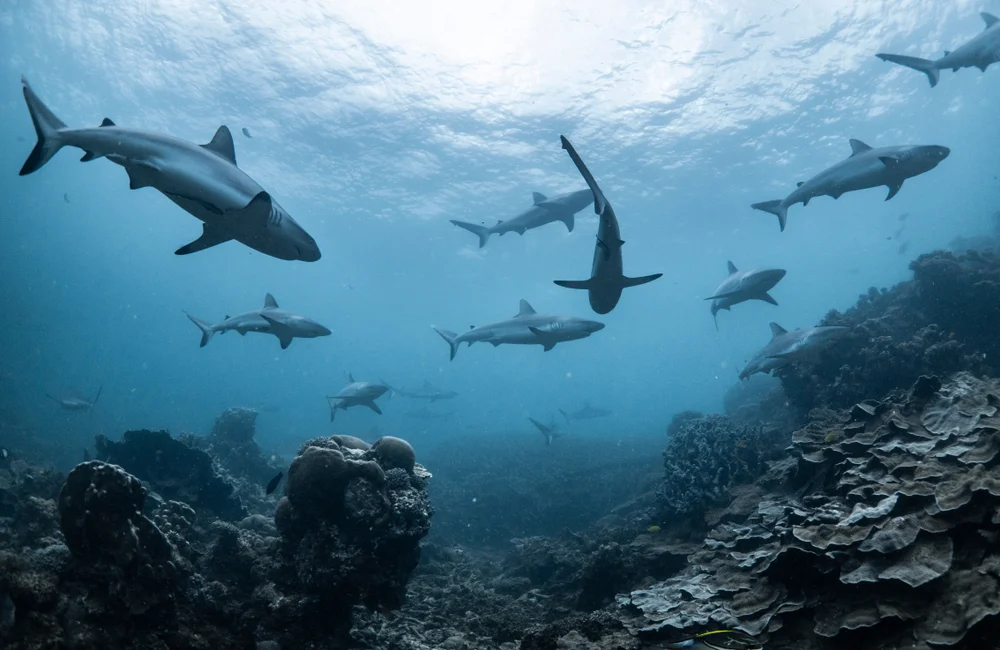Recent weeks have witnessed a surge in shark sightings and interactions along Israel’s Mediterranean coast, triggering alarm among local communities, authorities, and marine experts. The appearance of “alpha predator” sharks—dominant apex predators such as the dusky shark and sandbar shark—has led to increased human-shark encounters, prompting safety warnings and beach closures.
Surge in Shark Sightings Raises Safety Concerns
The Israeli Nature and Parks Authority (INPA) reported at least five shark-related incidents over the last ten days near popular beaches in Ashdod, Hadera, and Tel Aviv. Two beachgoers sustained minor injuries in separate incidents, leading to temporary closures and intensified monitoring efforts.
Marine biologists are observing a behavioral shift in these predators, which are typically found in deeper offshore waters. Experts attribute this phenomenon to ecological changes such as rising sea temperatures and disrupted fish migration patterns, which drive sharks closer to the shoreline in search of food.
Ecological Factors Driving Shark Movements
Dr. Yael Rahmani, marine ecologist at the University of Haifa, explains, “Warming Mediterranean waters and habitat disruptions have altered marine ecosystems. These apex predators adapt by expanding their range closer to human-populated coastal areas.”
Overfishing and pollution also contribute to the imbalance. The decline of prey fish stocks offshore pushes sharks to explore new hunting grounds near beaches, while organic waste discharge from industrial zones potentially attracts marine wildlife closer to shore.
Public Safety Measures and Expert Recommendations
In response to the increased encounters, Israeli authorities have deployed aerial drones and acoustic monitoring devices along the coastline. The Ministry of Environmental Protection has launched a real-time digital alert system to notify beachgoers of shark activity, alongside enhanced lifeguard training in shark safety protocols.
Experts advise the public to avoid swimming at dawn or dusk and to refrain from wearing reflective jewelry or brightly colored swimwear that could attract sharks. “While these sharks do not seek out humans as prey, the risk of mistaken identity, particularly in low visibility, remains,” warns Dr. Amir Levi of the Israeli Shark Research Initiative.
Balancing Tourism and Conservation
The Ministry of Tourism is actively addressing concerns to maintain confidence in Israel’s beach destinations. “Safety is our top priority,” says spokesperson Maya Goldberg. “We collaborate closely with environmental and marine experts to ensure that visitors can enjoy the coastline responsibly.”
Conservationists emphasize that sharks are vital to ocean health and advocate for increased public education to foster coexistence. The recent surge in shark activity serves as a reminder of the delicate balance between human activity and marine ecosystems.
Looking Forward
As summer approaches, Israeli authorities urge the public to stay informed, follow official safety guidelines, and report any unusual marine encounters. With environmental changes impacting marine life behavior globally, experts highlight the importance of adaptive strategies for both human safety and wildlife conservation along Mediterranean shores.



